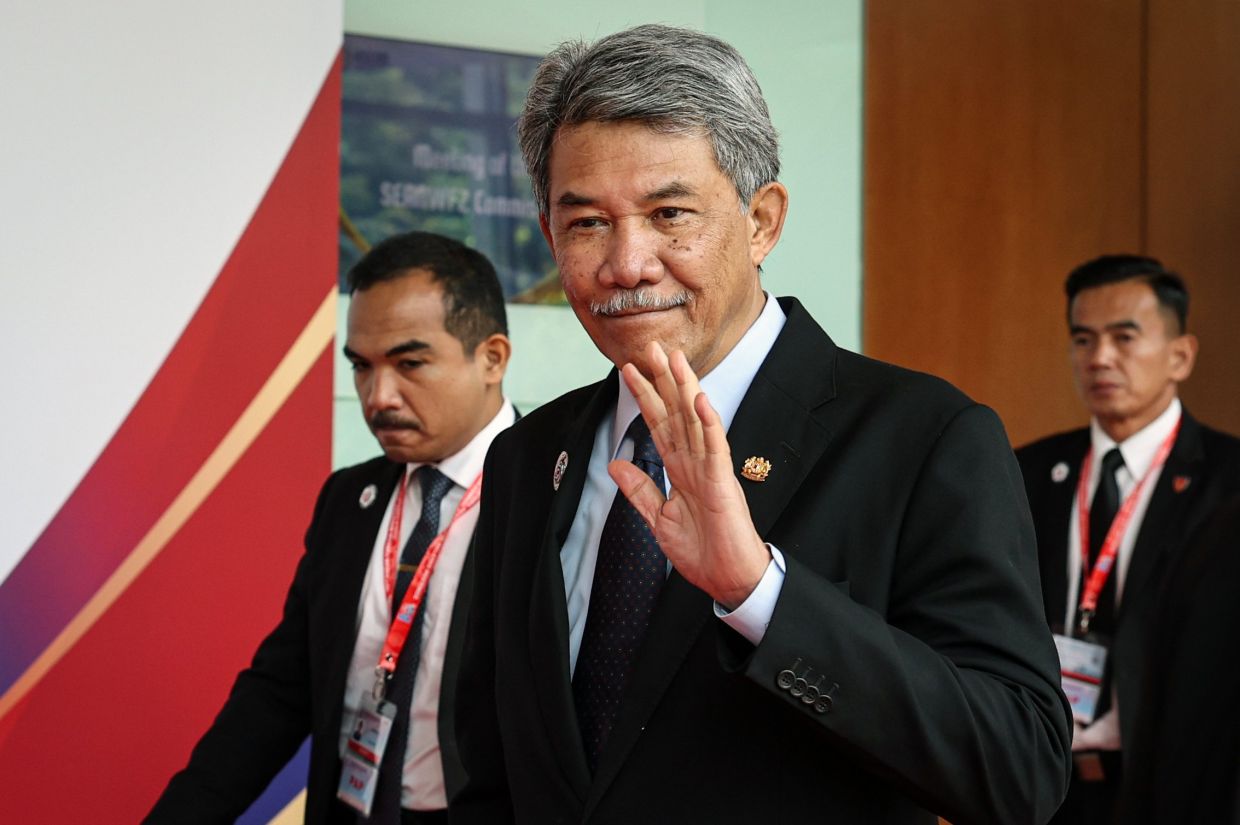KUALA LUMPUR: Asean must ensure that the South-East Asia Nuclear Weapon-Free Zone (SEANWFZ) Treaty is a dynamic commitment that contributes to regional and global disarmament efforts, says Datuk Seri Mohamad Hasan.
The Foreign Minister called on member states to remain united in the pursuit of a nuclear weapon-free region.
“We have a responsibility to ensure the treaty remains not just a legal instrument but a living and dynamic commitment that contributes meaningfully to regional and global disarmament,” he said in his opening remarks at the South-East Asia Nuclear Weapon-Free Zone (SEANWFZ) Commission meeting here on Tuesday (July 8).
Mohamad also said it is “deeply concerning” how South-East Asia remains the only nuclear weapon-free zone that is not yet formally recognised by Nuclear Weapon States (NWS) through the signing and ratification of the SEANWFZ Treaty protocol.
“In this regard, we welcome the readiness of NWS to engage with Asean over the signing and ratification of the protocol,” he said.
Mohamad said it is incumbent upon Asean to respond constructively and with urgency.
“We must work collectively to create the necessary conditions for the NWS to take these important steps.
“This includes resolving outstanding issues with NWS, in accordance with the principles and objectives of the rreaty,” he said.
SEANWFZ, also known as the Bangkok Treaty, was signed in December 1995 in Bangkok by 10 Asean member countries. It came into effect in March 1997.
The protocol of the treaty commits nuclear weapon states to respect SEANWFZ and not contribute to any act that violates the treaty and its protocols; to not use or threaten to use nuclear weapons against states in the zone; and to not use or threaten to use nuclear weapons within the zone.
